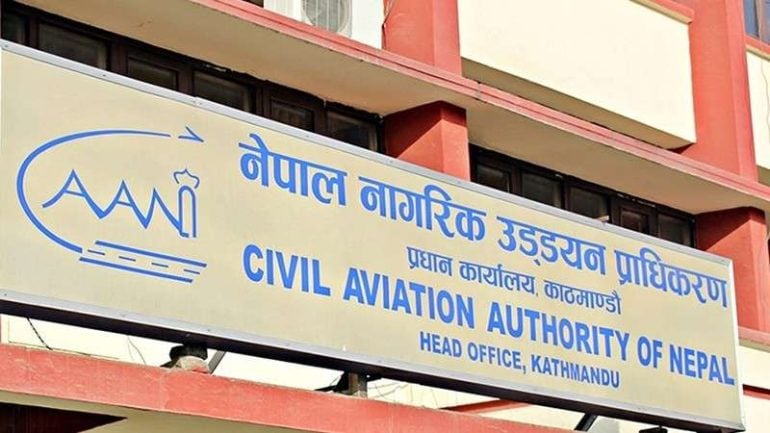The European Union has extended its ban on Nepalese airline companies due to ongoing flight safety concerns. This decision affects all carriers registered with Nepal’s Civil Aviation Authority currently in operation.
Nepalese airline companies have been on the European Union’s blacklist since 2013, barring them from operating in EU member countries’ airspace. This action was triggered by Nepal’s placement on the Serious Security Concern list by the International Civil Aviation Organization (ICAO) back in 2013.
Nepalese airlines, despite resolving issues highlighted by the ICAO and being removed from the Serious Security Concerns list since July 2017, still find themselves on the European Union’s blacklist. This raised hopes for the ban’s lift, but unfortunately, the EU has not yet made that decision.
Nepal’s national airline, Nepal Airlines, has suffered the most due to these restrictions. The airline used to rely on European cities as significant connections for long-haul flights from Nepal, but since being blacklisted, there has been a noticeable drop in these routes. Despite efforts to grow and upgrade its fleet, Nepal Airlines remains unable to operate in Europe as long as it stays on the EU blacklist.
Why are Nepalese Airlines Banned in EU?
Nepal remains on the EU blacklist due to concerns about its airline companies, particularly Nepal Airlines and Shree Airlines.
The EU has stressed the necessity for substantial improvements in these companies’ structures, encompassing organizational framework, operations, finances, technical abilities, workforce, and service quality.
This underscores the EU’s focus on comprehensive enhancements across various aspects of Nepal Airlines to meet international safety and operational standards.
CAAN officials mention that the EU finds Shree Airlines’ operating procedures satisfactory, but it recommends implementing specific initiatives to enhance procedures further for betterment.
CAAN’s information officer, Gyanendra Bhul, mentions that the EU has raised additional concerns regarding the government’s commitment to flight safety and the operational capabilities of Nepal’s airlines. He notes that while CAAN has made strides in flight safety, unity and alignment among all stakeholders are essential to remove Nepal from the EU blacklist.
However, a former CAAN director-general, speaking anonymously, points out that CAAN is responsible for regulating and taking action against airlines. He questions why CAAN isn’t promptly acting against airlines involved in misconduct, indicating the EU’s emphasis on the government prioritizing flight safety.
Former CAAN officials are discussing the idea of splitting CAAN into separate entities for regulation and service provision, a move aligned with ICAO’s recommendation. Devananda Upadhyay, a former deputy director-general, mentions that while the EU hasn’t explicitly demanded this split, there’s a clear directive against employees holding dual roles as regulators and service providers.
An analogy is drawn between traffic police investigating crimes, likening it to the EU’s desire for Nepal to establish distinct responsibilities for the regulator and service provider within CAAN. The focus is on creating clarity through legislation rather than a categorical organizational split.
A former director-general highlights instances from past EU audits where employees shifted between service providers and regulatory bodies, raising concerns about unresolved issues lacking clear legal frameworks in the current setup.
Efforts to Improve & Lift Ban from EU
In February 2020, bills were introduced in Nepal’s National Assembly to divide CAAN into a service provider and a regulatory body, but no progress occurred before the parliamentary term ended, causing the bills to lapse. The current fiscal year’s budget for 2023/24 indicates the government’s aim to enhance CAAN’s structure, yet there’s no indication of reintroducing the bill for the split.
The proposal to divide CAAN encounters resistance from its employees opposing the separation. Moreover, there’s a lack of clear direction or advancement on this initiative from the political leadership.
(Inputs from local media)
SOURCE: Nepalese Airlines in Europe: Decade Long Ban, Still On

















































